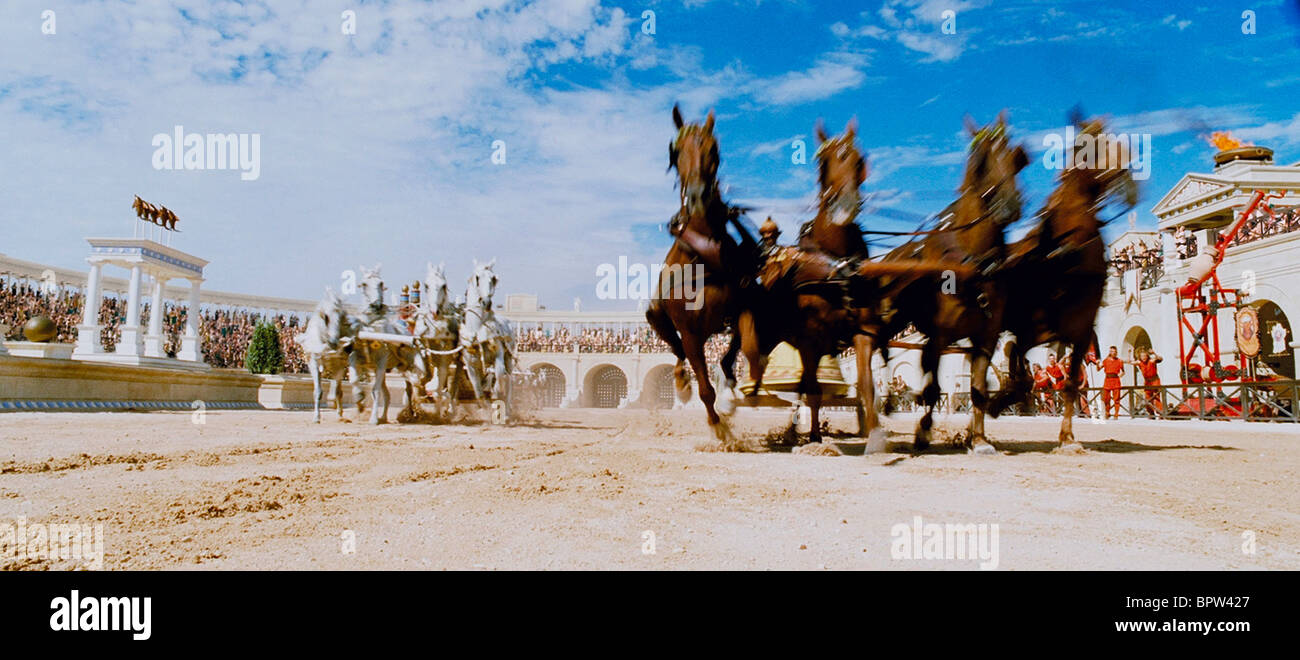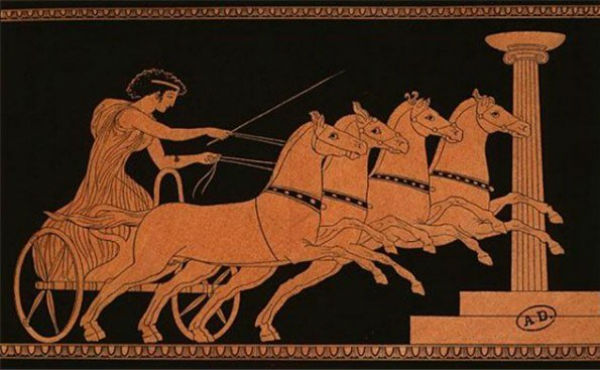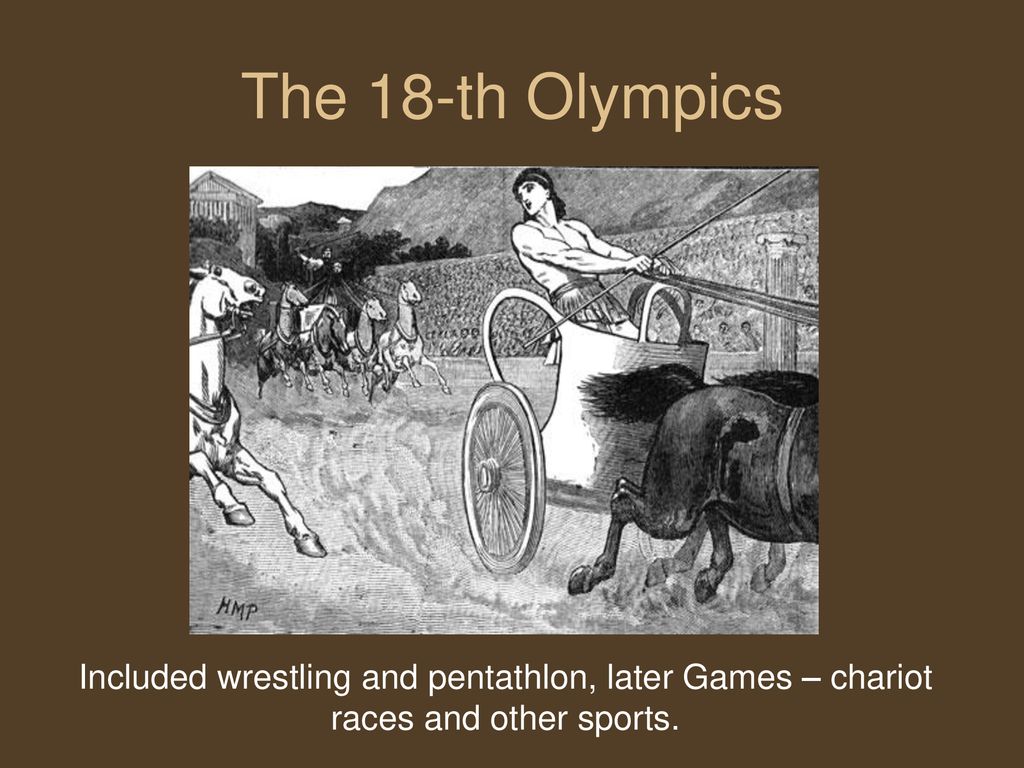

Promoting global peace (a modern ‘Olympian truce’) was also at the heart of the modern Olympic movement. For example, he was an ardent believer in the Classical principle of a healthy mind in a healthy body, so he ensured that the rules drafted by the International Olympic Committee (which would become the text of the Olympic Charter) reflected an emphasis on moral values and a concern with virtue and discipline as well as physical achievements. From the outset, de Coubertin adopted the Ancient Greek Games and their underlying ideals as the main inspiration for his Olympic revival. However, after a passionate campaign (which included extravagant banquets and thrilling torch-lit spectacles), he obtained the approval of King George I of Greece to bring the Games back to life in 1896. events held at the Hippodrome of Constantinople during the Byzantine period, the outlandish Cotswold Games of the 17 th century or the Wenlock Games of the mid-19 th century), the Olympic spirit had remained largely dormant.ĭe Coubertin’s efforts to stage a modern Olympic Games were initially met with apathy and limited success. The Ancient Games had been banned in the 390s CE by Theodosius I (along with all other expressions of non-Christian cults), and, except for a few re-creations dotted through history (e.g. In the late 19 th century, inspired by German excavations in Olympia and the introduction of Physical Education programmes in schools, the French baron Pierre de Coubertin campaigned for the revival of the Olympics. This course highlights the similarities and differences between our modern Games and the Ancient Olympics and explores why today, as we prepare for Rio's 2016 Olympics, we still look back at the Classical world for meaning and inspiration.


For example, the London 2012 theme of ‘truce’echoed the Ancient Olympic tradition of ekecheiria (sacred peace) Classical ideals of equality and self-improvement still motivate athletes to compete fairly and push themselves to the limit the Rio theme song, ‘The Gods of Olympus visit Rio de Janeiro’, includes references to Poseidon, Hermes, Dionysus, Aphrodite, Apollo, Hercules, Artemis, Hephaestus and Zeus and modern programmes such as the Rio 2016 Culture Festival remind us of Classical associations between sport, poetry, music, and prose composition.
CHARIOT RACES OLYMPIC GAMES SERIES
Our modern Games and the Ancient Olympics are different in many respects – today’s Olympics are strictly secular, whilst the Ancient Olympics were steeped in religion our modern Games have 42 disciplines, compared to the six of the Classical world today, men and women of all nationalities are invited to compete, whilst, according to the Greek author Pausanias (V.6.7-8), any woman of marriageable age discovered at the Ancient Olympic festival supposedly risked being thrown off a cliff today athletes wear light clothes (often emblazoned with their nation’s flag), whilst Ancient Greek athletes competed – and trained – completely naked.Ĭlearly things have changed in some respects, but a series of underlying principles and values inherited from Ancient Greece are still central to the modern Olympic spirit. The Ancient Olympics: Bridging past and present Introduction


 0 kommentar(er)
0 kommentar(er)
